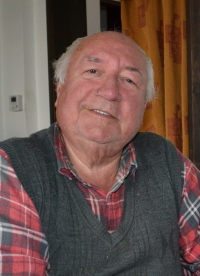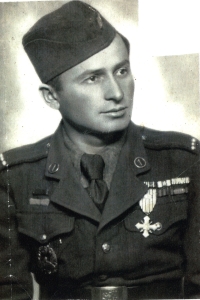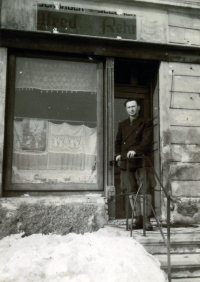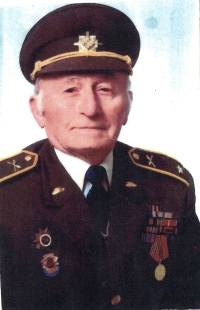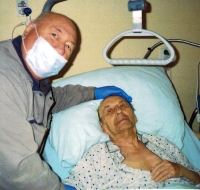Without Party membership, I was suddenly so low

Download image
Michal Virák was born in Unčín (Krupka today) on 18 June 1948. His father Michal Virák (formerly Virag) came from Carpathian Ruthenia. He enlisted with the Hungarian army in 1943. Two months later, he changed sides and joined the 1st Czechoslovak Army Corps. He took part in the Carpathian-Dukla Operation in the autumn of 1944. He was injured in action near Mount Obšar. He spent the rest of the war in hospitals in Lviv and Sochi. Michal Virák Jr spent the first ten years of his life in the Czechoslovak borderland amidst multiple ethnic minorities. Having completed his primary education, he obtained a carpenter training at a railway repair plant. He joined the military in 1967 for the compulsory two-year service with the 103rd Tank Battalion in Milovice. Less than one year into his stint, he was reassigned to Horní Počernice as a carpenter with Vojenské stavby (military construction company). Following the invasion of the Warsaw Pact armies, he was reassigned to Humenné in eastern Slovakia in September 1968. Following his military service, he initially worked as a press operator at Karbo in Benátky nad Jizerou. He was a candidate for membership in the Communist Party of Czechoslovakia, but did not become a full member eventually. He worked at Průmstav near Mnichovo Hradiště from 1977. He joined the Czechoslovak Legionnaire Association at the beginning of the new millennium. He was living in Mnichovo Hradiště in 2022.
